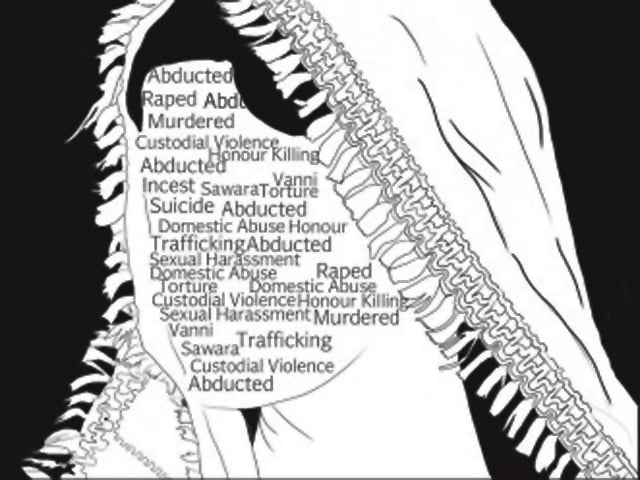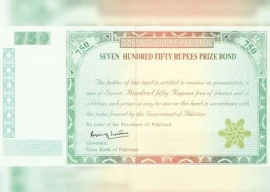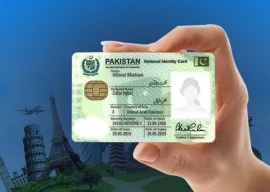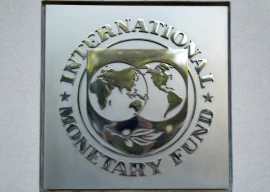
Speakers at a seminar on “Role of Men and Gaps in Law to End Violence against Women” here on Wednesday said that the inhuman culture of karo-kari in different parts of the country is being backed by powerful feudal lords. The seminar organised by Sustainable Development Policy Institute (SDPI) saw speakers note that the culture of karo-kari in these areas was supported by powerful feudals and highlighted the role of social workers of Rod Kohi Development Organisation (RDO), Lal Garh, in resisting the practice.
SDPI Associate Coordinator Advocacy Faisal Gorchani narrated the story of a couple from Ranjpur in Sindh where a married man and a married woman were accused, without any evidence, of having an affair, termed karo and kari respectively, and inhumanly beaten by relatives of the woman in a public square in broad daylight.
Subsequently, the girl was divorced, kept in custody at an unknown place, sold and married off to another person against her will. The boy was forced to leave the area to save his life and avoid paying heavy fines, said Gorchani.
He noted that RDO workers tried to persuade the local sardar and the woman’s family to undo the heinous act, but the move backfired and they were asked to keep silent under threat of dire consequences, including social boycott and closure of their NGO. However, the workers challenged the powerful elites behind the act and filed a writ petition in the Lahore High Court, Multan Bench, and managed to recover the girl from illegal detention of the ‘buyer’, while highlighting the case through the media and other forums, he added.
The sessions court also ordered the police to give protection to the boy from local feudal lords.
Advocate Kowkab Iqbal listed various sections in the Pakistan Penal Code (PPC) regarding violence against women. He referred to five codes that could have been used in this particular case, including attempted murder, according to PPC 324. Secondly, accusing a woman without evidence makes a Kazaf offence under the Hudood laws of 1979.
He told the audience that in this case the punishment is the same as for Zina, but due to a lack of awareness, the victims were unable to refer to these laws for protection. In addition, he mentioned the PPC laws that apply to trafficking of women, most notably the Hudood Ordinance of 1979. He informed that there is ignorance prevailing in society regarding these issues and there needs to be social change to correct this, not mere legislation.
Published in The Express Tribune, April 7th, 2011.


















COMMENTS
Comments are moderated and generally will be posted if they are on-topic and not abusive.
For more information, please see our Comments FAQ